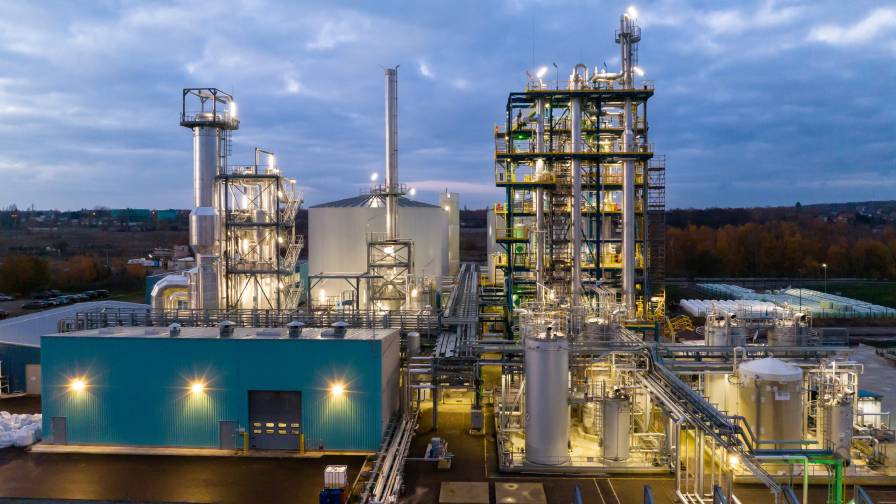Biostimulants, Biopesticides Primed for Growth in Key Markets
The AgriBusiness Global™ BioSolutions Africa Conference and Trade Show welcomed more than 300 attendees from 100 companies throughout Africa, Europe, and North America to identify opportunities in African markets with a focus on South Africa.
The virtual conference featured 18 speakers during three days of content that focused on real-world case studies, distribution systems, agronomic insights, technical best-practices, and market information on biological products around the world and opportunities in Africa.
The biological pesticide segment is expected to reach $5 billion in global sales this year, and it is expected to double by 2025, according to Mark Trimmer, Managing Partner with research consultancy DunhamTrimmer. Similarly, the biostimulant segment is expected to double to almost $4 billion in the next five years.
The majority of products are used in North America, Europe, and Latin America, but product use in Africa is growing quickly in countries that rely on export markets for produce, mainly South Africa, Kenya, and North Africa. Demand for biological products is growing as farmers become more knowledgeable about the segments, fueling a near-15% CAGR for the next five years.
Major demand drivers around the world, including consumer preferences and regulatory pressure on traditional chemistries, are fueling the growth and adoption of biological products as a complement to traditional production systems. Those trends and their influence on farm production will continue to grow in scope and importance now that food safety and security has been thrust into national priorities around the world.
“Our customers tell us that they want to know the story behind their food. They want to know where their food comes from … and transparency is a key factor,” said Kobus Pinaar, Technical Manager for Food Security for Woolworths South Africa, a major retailer that sources 90% its produce from South African Farmers.
Annual surveys of Woolworth’s customers reveal that their top concerns about produce are its safety, nutrition, and value, and consumers also prioritize the health and safety of farm workers and the environment.
“Customers are king,” he says. “They aren’t always right, but we have to listen to their voices because they will guide where our business goes in the future.”
Current Uses for Biological Products in Africa
Coffee mealy bug (Planococcus kenyae)
- Major pest of coffee and cassava
- Over 50 biocontrol solutions tested
- Successfully controlled with parasitic wasp (Anagyrus sp.)
Water hyacinth
- Major problem in lakes
- Initial success, but problem has resurged
Mites in Kenyan Ornamentals
- 2005 — 50% of crop protection cost was for mite control with high pest resistance
- 2018 — 50% of producers use biocontrol with improved results and reduced costs
Aflatoxin and Aspergillus flavus
- Potent liver carcinogen often found in maize and other crops in Africa
- Bio treatment AflaSafe based on native strains that do not produce the aflatoxin
- AflaSafe treatment prevents the toxic strains from occurring by outcompeting it
- Product designed to be easy for small holder farmer in many African countries to use
Striga control using Fusarium oxysporum
- Parasitic weed causes up to 30-50% yield loss in maize, millet, and sorghum
- Selected local strain of F. oxysporum, which releases high concentration of amino acid valine, which kills Striga
- Inoculum is applied at seeding
- Discovers seeking to establish a non-profit company to distribute product.
Source: DunhamTrimmer






